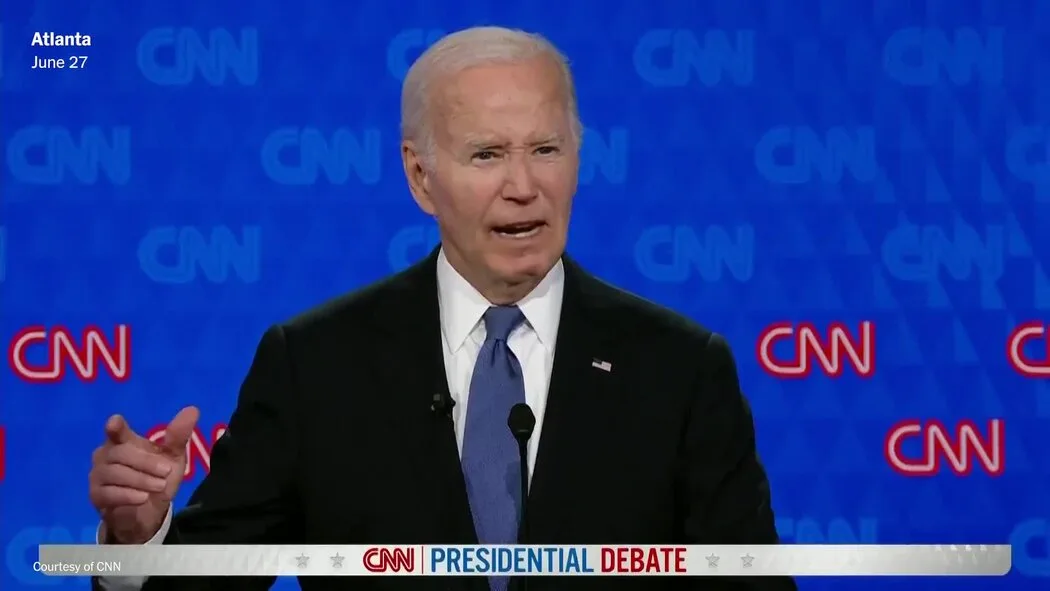Introduction
The ballooning global sovereign debt has raised alarm bells among central banks worldwide. As debt levels reach unprecedented heights, the threat of a looming crisis becomes ever more imminent. Understanding the implications of this burgeoning debt and the potential pathways to stability is crucial for navigating the turbulent economic landscape.
Key Points
- Rising Debt Levels: Examination of current global sovereign debt statistics.
- Central Banks’ Warnings: Insights from key central banks and their concerns.
- Economic Implications: Potential impact on global financial stability and economic growth.
- Debt Management Strategies: Approaches to mitigate the risks associated with high sovereign debt.
- Policy Responses: Actions being considered by governments and international organizations.
Insights
The global sovereign debt crisis is a multifaceted issue with far-reaching implications. Central banks’ warnings highlight the urgent need for comprehensive debt management strategies and coordinated policy responses. Failure to address this crisis could lead to severe economic disruptions and long-term instability.
Content Details
Rising Debt Levels
Global sovereign debt has ballooned to unprecedented levels, exacerbated by factors such as the COVID-19 pandemic, increased public spending, and economic stimulus measures. Key statistics include:
- Global Debt Levels: As of 2023, global sovereign debt stands at approximately $92 trillion, up from $70 trillion in 2019.
- Debt-to-GDP Ratios: Many countries now have debt-to-GDP ratios exceeding 100%, indicating a heavy reliance on borrowing to finance public expenditures.
Central Banks’ Warnings
Several central banks have sounded the alarm on the potential risks posed by rising sovereign debt:
- Federal Reserve: Chair Jerome Powell emphasized the need for fiscal responsibility and warned of the long-term consequences of unchecked debt growth.
- European Central Bank: President Christine Lagarde highlighted the risks to financial stability and urged European nations to adopt sustainable fiscal policies.
- Bank of Japan: Governor Haruhiko Kuroda expressed concerns about Japan’s debt levels, which exceed 250% of GDP, and the need for structural reforms.
Economic Implications
The economic implications of the global sovereign debt crisis are profound:
- Interest Rates: Rising debt levels can lead to higher interest rates as investors demand higher returns for perceived increased risk.
- Inflation: Excessive debt can fuel inflationary pressures, further straining economic stability.
- Investment: High debt levels can crowd out private investment, limiting economic growth and innovation.
- Financial Markets: Increased volatility and risk aversion in financial markets can result from uncertainties surrounding sovereign debt sustainability.
Debt Management Strategies
Addressing the sovereign debt crisis requires a combination of short-term and long-term strategies:
- Fiscal Consolidation: Implementing measures to reduce budget deficits and control public spending.
- Structural Reforms: Enhancing economic efficiency and growth potential through labor market reforms, improved governance, and innovation.
- Debt Restructuring: Negotiating with creditors to extend repayment periods, reduce interest rates, or write down portions of the debt.
- Multilateral Support: Engaging international organizations such as the IMF and World Bank for financial assistance and policy guidance.
Policy Responses
Governments and international organizations are considering various policy responses to address the debt crisis:
- Austerity Measures: Some countries are implementing austerity measures to reduce deficits, though these can be politically contentious and economically painful.
- Stimulus Packages: Balancing fiscal stimulus to support economic recovery while managing debt sustainability.
- International Cooperation: Strengthening global cooperation to ensure coordinated responses to the debt crisis and prevent spillover effects.
- Monetary Policy Adjustments: Central banks may adjust monetary policies to mitigate the impact of rising debt, though this must be balanced against inflationary risks.
Analysts’ Perspectives
Financial analysts and economists provide varied perspectives on the global sovereign debt crisis:
- Dr. Kenneth Rogoff, an economist, argues that without significant debt restructuring and fiscal reforms, many countries risk default and prolonged economic stagnation.
- Dr. Carmen Reinhart, Senior Vice President at the World Bank, emphasizes the importance of international cooperation and support to navigate the crisis.
- Paul Krugman, a Nobel laureate in economics, advocates for balanced fiscal policies that promote growth while ensuring debt sustainability.
Future Outlook
The future outlook for global sovereign debt remains uncertain. Key factors to watch include:
- Economic Growth: Sustained economic growth is crucial for improving debt ratios and ensuring long-term fiscal health.
- Policy Implementation: The effectiveness of policy measures and reforms in reducing debt levels and promoting stability.
- Geopolitical Risks: Ongoing geopolitical tensions and global events that could exacerbate economic vulnerabilities.
Conclusion
The ballooning global sovereign debt crisis poses significant risks to financial stability and economic growth. Central banks’ warnings underscore the urgency of adopting comprehensive debt management strategies and coordinated policy responses. By addressing the root causes of rising debt and implementing sustainable fiscal policies, nations can work towards a more stable and prosperous future.
FAQs
Q: What is sovereign debt?
A: Sovereign debt refers to the money borrowed by a country’s government from domestic or international lenders to finance public spending and investments.
Q: Why is rising sovereign debt a concern?
A: Rising sovereign debt can lead to higher interest rates, increased inflation, reduced private investment, and financial market instability, threatening overall economic stability.
Q: What are some strategies to manage sovereign debt?
A: Strategies include fiscal consolidation, structural reforms, debt restructuring, and seeking multilateral support from international organizations.
Q: How can international cooperation help address the debt crisis?
A: International cooperation can provide financial assistance, policy guidance, and coordinated responses to prevent spillover effects and ensure global economic stability.
Q: What role do central banks play in managing the debt crisis?
A: Central banks can adjust monetary policies to mitigate the impact of rising debt, but must balance these measures against the risk of inflation and financial instability.



